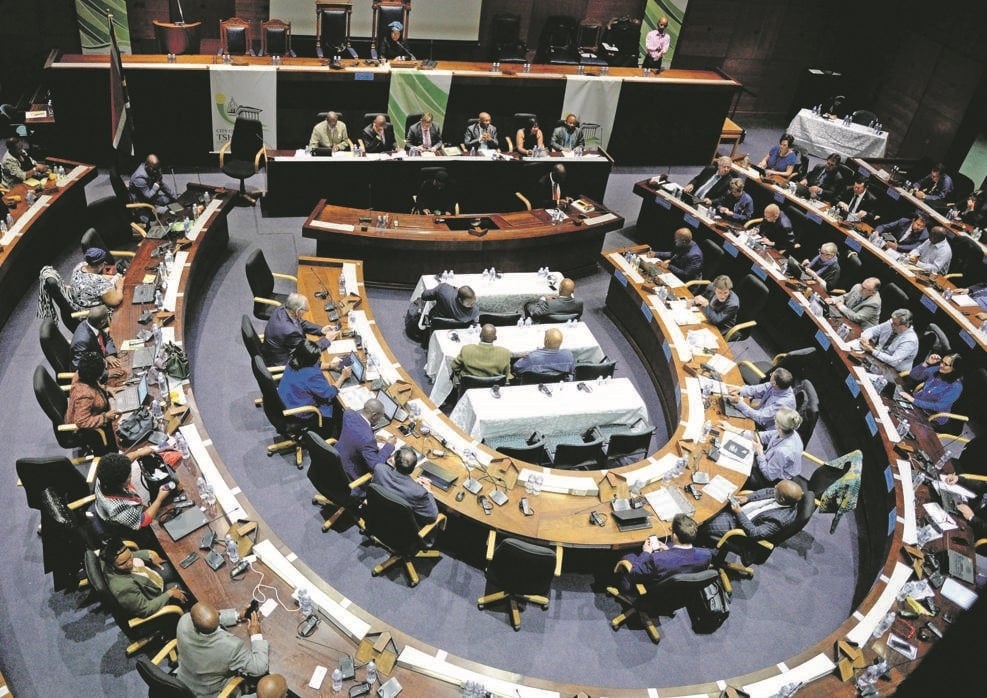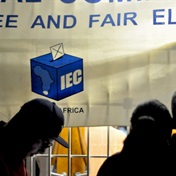
The events of the past few months in Tshwane, and the eventual dissolution of its municipal council, have brought into sharp focus coalition governments and how they operate.
Whereas others might want to attribute the blame to the voters, the truth is that the main problem lies in how political party coalitions are being managed in South Africa.
During the 2016 municipal elections, 22 municipalities emerged with hung councils.
This was brought about by the fact that there was no single political party which had won with an outright majority in those municipalities.
In a case of first past the post, a party with the majority vote would constitute a council.
But section 46(d) of the Constitution provides that the electoral system “results, in general, in proportional representation”.
It is this section in the Constitution that forces political parties to work together when there is no outright winner.
There are many people who believe that the current electoral system has served its purpose and must be reviewed.
The Van Zyl Slabbert report on electoral reform, which has been gathering dust since 2003, has resurfaced and has formed a basis for electoral review by those who are unhappy with the current system.
As stated in the report, the majority recommended that South Africa be divided into a number of constituencies so that the majority of public representatives are directly elected by their constituents.
This, of course, would not obviate the requirement that the electoral system be substantially proportional in nature.
In such a system, when a political party does not win outright it is forced to look for partners among those that managed to get a seat so that it can constitute a government.
The results of the past few elections have shown that the gap is narrowing among political parties and there will be many instances when there is no outright winner.
This is one way the electorate is communicating with the political parties and society’s expectation is that political parties must be able to work together to advance the voters’ interest.
Even though Gauteng MEC for Corporate Governance and Traditional Affairs Lebogang Maile may have acted correctly by invoking section 139 of the Constitution by dissolving a dysfunctional council, this approach will not resolve the issue.
There is no guarantee that a by-election will produce an outright winner.
If an election does not resolve the impasse, we have a responsibility to look at other jurisdiction to establish if there are lessons to be learnt and to find sustainable solutions.
The majority of countries in the western world are governed through coalitions which do not affect governance in those countries.
There are those that have attributed stability in some of these countries to the fact that largely those societies are homogeneous and that there are no major political differences among their political parties.
Whereas this could be true in Nordic countries, it does not hold true in all countries where there are coalitions.
In Kenya there were major regional, ethnic and political differences among the political parties, but they eventually found a mechanism to manage their coalitions.
In 2011, Kenyan political leaders introduced a legal framework that catered for regulation of political party coalitions through the introduction of an office of the Registrar of Political Parties.
In terms of this system, parties that enter into a coalition develop a coalition agreement which is signed and deposited with the registrar.
The agreement must, among other stipulations, include the policies and objectives of the coalition, and include dispute resolution mechanisms and grounds for regulation, as well as the procedure to be followed in the event of a dissolution of the coalition.
It is my considered opinion that South Africa has reached a point where there is a need for institutionalisation or regulation of coalitions.
This must be done in order to ensure stability, service delivery and good governance in all spheres of government.
We must consider the establishment of an office of the registrar of coalitions, similar to what Kenya has.
This office would operate like the Commission for Conciliation, Mediation and Arbitration.
Read: Mondli Makhanya: Tshwane farce shows coalition politics cannot work in SA
This task should particularly be easy at local government level because the issues that are dealt with are bread-and-butter issues and, as such, there are many commonalities among the political parties.
This would help regulate the relationship of political parties in a coalition arrangement and thereby ensure stability, harmony and predictability in areas where electoral processes are not able to produce an outright winner.
The current approach, which uses by-elections to resolve an impasse, is neither helpful nor sustainable.
Merely having a by-election does not guarantee that there will be an outright winner.
Tselane is executive chairman of the Institute for Elections Management Services in Africa.
 | ||||||||||||||||||||||||||
Get in touchCity Press | ||||||||||||||||||||||||||
| ||||||||||||||||||||||||||
| Rise above the clutter | Choose your news | City Press in your inbox | ||||||||||||||||||||||||||
| City Press is an agenda-setting South African news brand that publishes across platforms. Its flagship print edition is distributed on a Sunday. |




 Publications
Publications
 Partners
Partners








